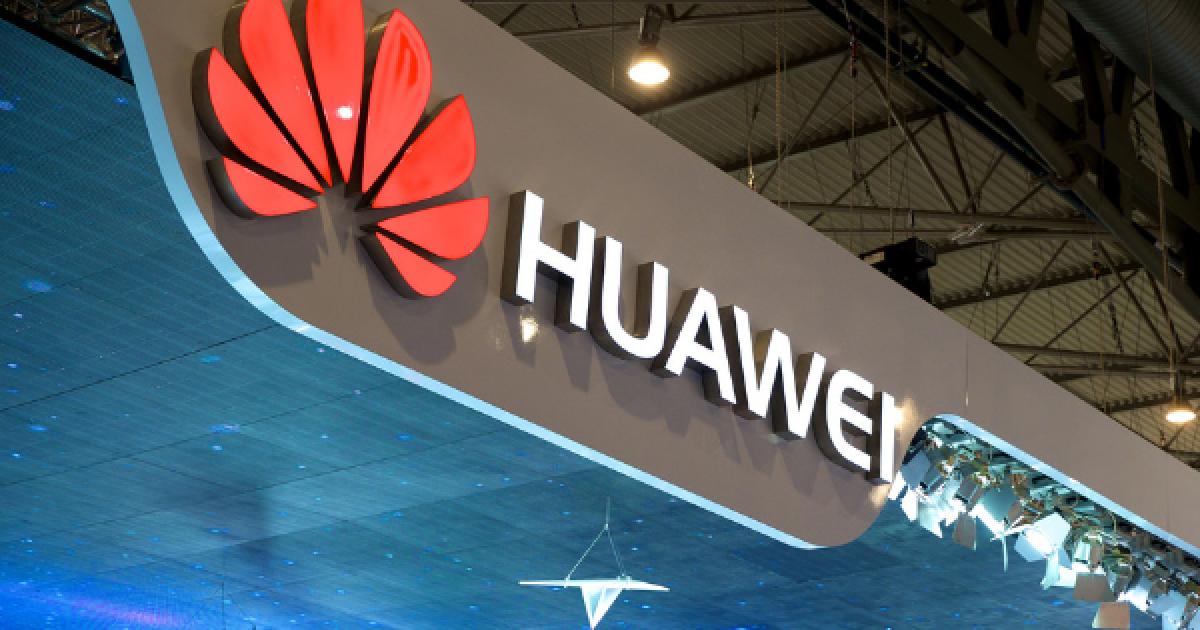Pakistan’s banking sector experienced robust growth in 2024, marked by strong profits, expansion in operations, and solid returns on assets and equity. Despite the macroeconomic challenges and political uncertainty, banks in Pakistan capitalized on high policy rates and easy access to government securities.
However, while profits and assets saw significant growth, some banks’ initiatives remained limited. Here are the key developments in Pakistan’s banking sector in 2024:
1. Parliament Sets Deadline for Ending Riba-Based Banking
Pakistan’s parliament passed a historic constitutional amendment bill, mandating the elimination of all forms of Riba (interest) by January 1, 2028. This move is expected to shift the banking system towards Islamic banking. Although the Federal Shariat Court had ruled to end interest-based banking in 2022, the decision was contested by major banks. The government later withdrew its petition, paving the way for a transition to Shariah-compliant banking.
2. UBL Set to Merge with Silkbank
United Bank Limited (UBL) is set to acquire Silkbank in a share swap agreement. UBL’s shareholders have approved the merger, although regulatory approval is still pending. UBL has faced complications in past acquisitions but aims to move forward with Silkbank, offering one share of UBL for every 325 shares of Silkbank.
3. RAAST-BUNA Integration
In November 2024, the State Bank of Pakistan (SBP) signed a Memorandum of Understanding (MoU) with the Arab Monetary Fund to integrate RAAST and Buna systems. This partnership aims to facilitate cross-border remittances between Pakistan and the Arab region, further boosting remittance inflows, projected to exceed $35 billion this year.
4. Establishment of Bank-Led Exchange Companies
In a move to regulate the currency exchange market, the SBP allowed banks to establish their own exchange companies. Leading banks such as Meezan Bank, Allied Bank, UBL, and Bank Al Habib set up subsidiaries to regulate currency exchange operations, previously dominated by standalone exchange companies.
5. Launch of RAAST P2M Payment System
The RAAST Person-to-Merchant (P2M) payment system was launched to digitize Pakistan’s retail sector. Key players like Payfast, 1Link, Paysys, Easypaisa, and Zindigi have already adopted the system. By March 2025, all e-commerce and online shopping stores are expected to integrate with RAAST P2M.
6. SBP’s SME Financing Initiatives
To boost SME financing, the SBP introduced regulatory measures aimed at increasing the access to credit for small and medium enterprises. The exposure limit was raised to Rs. 100 million for small businesses and Rs. 500 million for medium enterprises. A new scheme was introduced to increase SME financing to Rs. 1.10 trillion by 2029. However, high interest rates continue to pose a challenge for SMEs.
7. Policy Rates and Bank Deposits
Policy rates remained at historic highs, peaking at 22% in early 2024 before being slashed five times to 13% by mid-year. These high rates significantly boosted deposits, which reached an all-time high of Rs. 31.4 trillion by November 2024. Many banks also introduced fees for high-end depositors.
READ MORE: Telecom Operators Report Social Media and Web Disruptions Amid Pakistan’s Internet Slowdowns
8. Islamic Banking Growth
Islamic banking saw remarkable growth in 2024, with assets nearing Rs. 10 trillion and deposits hitting Rs. 8 trillion. The network of Islamic banking branches expanded to over 4,500, creating more employment opportunities. The SBP also revamped branch conversion criteria and mandated that Islamic Banking Institutions (IBIs) pay at least 75% of gross yield as profit on savings deposits.
9. Cybersecurity Concerns: Meezan Bank Cyberattack
Meezan Bank faced a significant cyberattack in 2024, where customer debit card data was stolen, resulting in unauthorized transactions. The bank took prompt action to compensate affected customers and advised them to update their credentials.
10. SBP’s New Departments
To tackle emerging challenges in the banking sector, the SBP established new departments in 2024:
- Financial Institutions Resolution Department (FIRD): Focuses on the resolution of distressed entities.
- Cyber Risk Management Department (CRMD): Oversees cybersecurity risks and conducts supervision.



